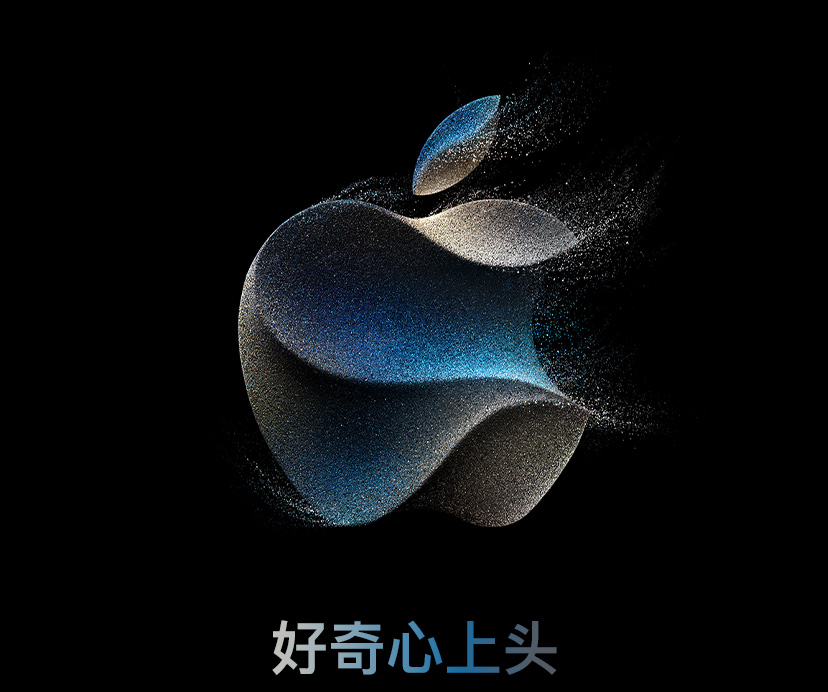Apple Faces AI Trust Crisis Ahead of WWDC Pivotal Moment
In the rapidly evolving landscape of generative artificial intelligence, Apple finds itself at a crossroads. While competitors like Google, OpenAI, and Samsung race ahead with AI-powered innovations, the tech giant faces mounting skepticism about its ability to deliver promised upgrades—particularly for its Siri voice assistant.

The WWDC Make-or-Break Moment This week's Worldwide Developers Conference in Silicon Valley represents more than just another product showcase—it's become a critical test of Apple's credibility in artificial intelligence. "Apple has advertised many AI features as if they would arrive soon, but they haven't been realized," observes Gartner senior analyst Gadjo Sevilla. Reports suggest even basic Siri improvements won't materialize until the next iPhone release this fall.
Playing Catch-Up in the AI Race Deepwater Asset Management's latest analysis paints a concerning picture: Apple has "underestimated the transformation in the AI field" while "overpromising functionalities." Industry watchers anticipate potential partnership announcements with Google or Perplexity to supplement Apple's existing OpenAI collaboration—a move that would underscore the company's current limitations in generative AI development.
Developer Tensions Reach Boiling Point Beyond technological challenges, Apple confronts growing discontent within its developer community. The company's 30% platform commission rates and restrictive ecosystem policies clash with developers' expectations for AI integration opportunities. "There's always been tension between Apple and developers," Sevilla notes, "but now they're being asked to pay for promised features that still haven't arrived."
Creative Strategies analyst Carolina Milanesi suggests a fundamental shift may be necessary: "Perhaps in AI, Apple needs to seriously consider open ecosystems for the first time."
External Pressures Compound Challenges Complicating matters further:
- Design legend Jony Ive now collaborates with OpenAI on potential iPhone alternatives
- Potential Trump administration tariffs threaten Apple's Chinese supply chain
- Consumer patience wears thin as competitors roll out functional AI features
Yet analysts identify one enduring advantage—the fierce loyalty of Apple's customer base. "Do people want a smarter Siri? Absolutely," Milanesi concedes. "But even if Apple moves slowly, their fans might still wait."
As WWDC unfolds this week, all eyes will be on whether Tim Cook's team can transform skepticism into renewed confidence—or risk falling permanently behind in the AI revolution.
Key Points
- WWDC represents a critical juncture for Apple to demonstrate meaningful AI progress after months of delays
- The company faces dual challenges: catching up to competitors while managing developer frustrations over its closed ecosystem
- Potential partnerships with Google or Perplexity could help compensate for gaps in Apple's own AI capabilities
- External factors including Jony Ive's OpenAI collaboration and political risks add complexity to Apple's position
- Despite challenges, brand loyalty may buy Apple crucial time to refine its AI strategy